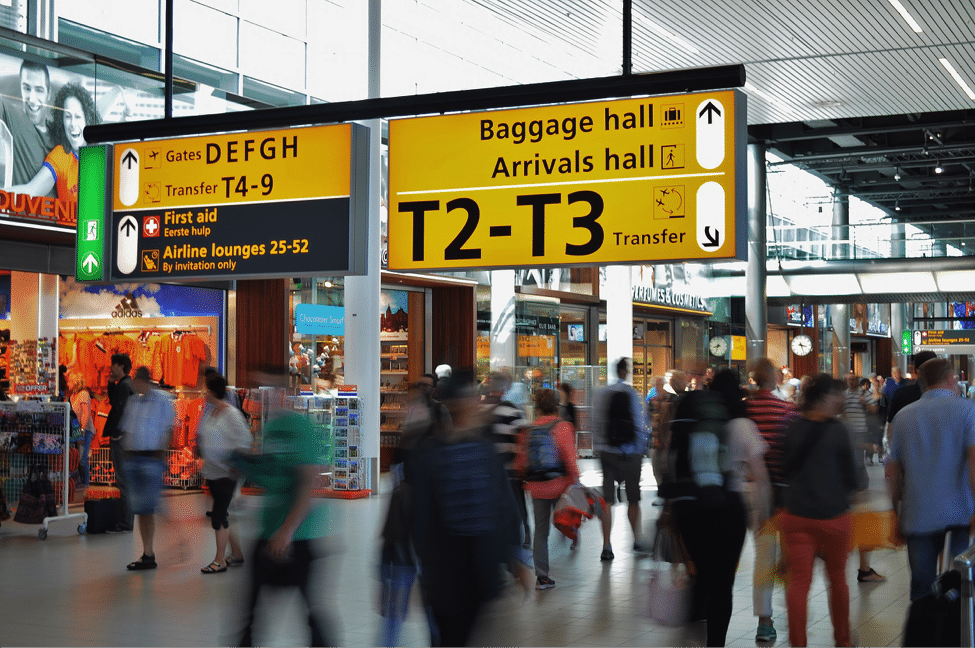How Travel Providers Can Meet Today’s New Travel Demands

Skift Take
This sponsored content was created in collaboration with a Skift partner.
Despite how unpredictable life can be, many travel providers remain rigid in their policies and approach to serving customers. Today’s travelers demand flexibility, protection, and real-time access to travel providers in order to ensure a seamless experience. Travel providers have a long way to go to make the travel journey more frictionless.
Unpredictable weather, health concerns, and ever-changing geopolitical landscapes can often make booking travel a risky endeavor. Many airlines and online travel agencies allow customers to cancel bookings within 24 hours, but the majority of people who make arrangements months in advance find themselves out of luck when looking to cancel last minute. In 2014, airlines in the U.S. made nearly three billion dollars in change fees, according to the Department of Transportation. On average, a flight change can cost customers $200 — not including the difference they’re required to pay for the new ticket — and experts say the number is only expected to rise.
Foreign travelers have long embraced purchasing travel insurance for their trips, but only recently have American travelers followed suit. A Skift article revealed disease outbreaks and terrorist attacks have caused travelers to think more about protection when booking travel than years prior. In the past, U.S. travelers purchased insurance to protect themselves from cancellations prior to their trips, but an increasing number of travelers are purchasing travel insurance with emergency medical for their time abroad.
And while this coverage can come in handy in worst case scenarios, for the average hotel or flight booking snafu, most customers are simply in need of reliable customer service. For travelers thousands of miles away from home and in need of answers, 1-800 numbers can quickly become cumbersome when you’re without access to international phone plans — making access to online assistance that much more crucial.
Most online travel agencies and travel providers have websites filled with answers to frequently asked questions or email addresses customers can direct concerns towards. However, in a world of instant gratification, travelers today are seeking real-time solutions to their problems. When those problems aren’t addressed properly or in a timely matter, travel providers can expect to hear an earful from their customers.
Thanks to social media, people have ample platforms to share what they liked, loved, or hated about their recent travels. This steady stream of feedback is not only useful to other travelers, but also to a great way for travel providers to perfect the customer experience. A negative review can often be seen as damaging for a hotel, airline, or travel operator, but in many ways it presents an opportunity for them to make it right. It’s also not enough for providers to sit back and wait for the feedback to roll in.
Travelers are more compelled to give feedback when they’re prompted to do so. Skift reported that in the past year, Expedia Inc. has collected unpublished flight reviews from passengers on their experiences on select airlines. Immediately after a flight, customers are prompted to respond to an email with a smiley face or frowns describing their flight experience. Although the reviews aren’t public, they serve as real-time data from customers, with many responding while still on their trips.
There are only so many things we can control, and increasingly travel is not one of them. Travelers today have a number of resources at their disposal to protect them from the unexpected, but travel providers have a long way to go in meeting their demand for flexibility and accessibility. The more travel providers embrace technology and exercise a more proactive approach to customers, the faster we can expect to close the gap in the future.
This content was created collaboratively by Allianz Travel Insurance and Skift’s branded content studio SkiftX.




